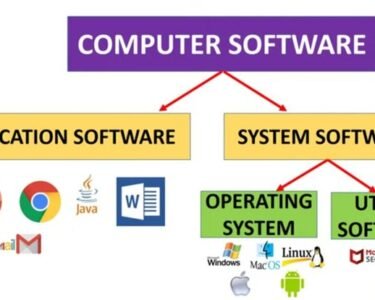In recent discussions, Microsoft’s gaming chief has raised an intriguing point regarding the role of Windows in the development and evolution of handheld gaming devices for PCs. This perspective sheds light on the challenges and opportunities associated with adapting the traditional Windows operating system for the unique form factors and requirements of portable gaming.
Traditionally, Windows has been synonymous with desktop and laptop computing, offering a vast ecosystem of software and compatibility with a wide range of hardware configurations. However, this versatility comes with its own set of limitations when it comes to handheld gaming. The resource-intensive nature of Windows, coupled with its reliance on traditional input methods such as keyboards and mice, may pose obstacles for developers seeking to create immersive gaming experiences on smaller, more portable devices.
Unlike dedicated gaming platforms such as consoles or mobile devices, which often feature customized operating systems optimized for gaming performance and efficiency, adapting Windows for handheld gaming presents a distinct set of challenges. Developers may need to invest significant time and resources into optimizing the operating system for smaller screens, touch-based input, and limited hardware capabilities while ensuring compatibility with existing software and peripherals.
To address these challenges, Microsoft’s gaming chief has hinted at the possibility of developing a more streamlined version of Windows specifically tailored for handheld gaming devices. This specialized version of Windows could offer improved performance, efficiency, and support for touch-based input, making it more conducive to gaming on the go. By focusing on the unique needs of handheld gaming, such a version of Windows could unlock new possibilities for portable gaming experiences while maintaining compatibility with the broader Windows ecosystem.
However, the development of a specialized version of Windows for handheld gaming is not without its complexities. Balancing the need for performance and efficiency with compatibility and ease of use will require careful consideration and collaboration with hardware manufacturers, developers, and the gaming community at large. Additionally, Microsoft must navigate the competitive landscape of handheld gaming, which includes established players such as Nintendo and Sony, as well as emerging technologies such as cloud gaming and streaming services.
Despite these challenges, the prospect of a specialized version of Windows for handheld gaming represents an exciting opportunity to push the boundaries of gaming innovation and accessibility. By leveraging the strengths of the Windows ecosystem while addressing the unique requirements of portable gaming, Microsoft could play a significant role in shaping the future of handheld gaming on PCs. As the gaming industry continues to evolve and expand, the development of specialized operating systems tailored to specific use cases may become increasingly common, paving the way for new and immersive gaming experiences across a variety of platforms and devices.







